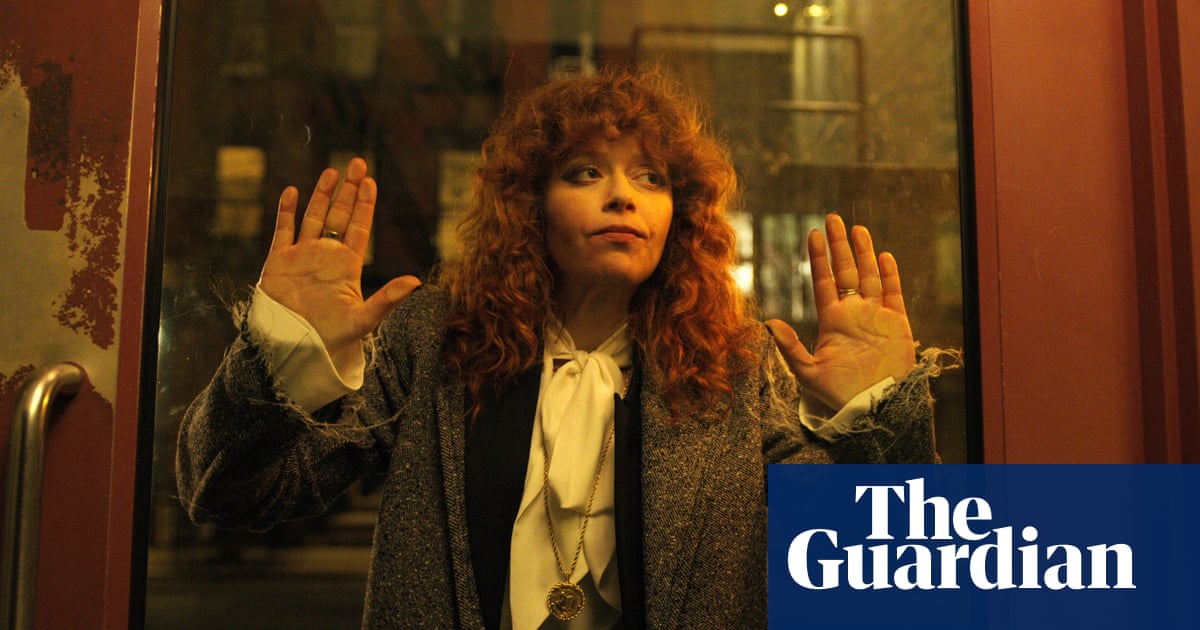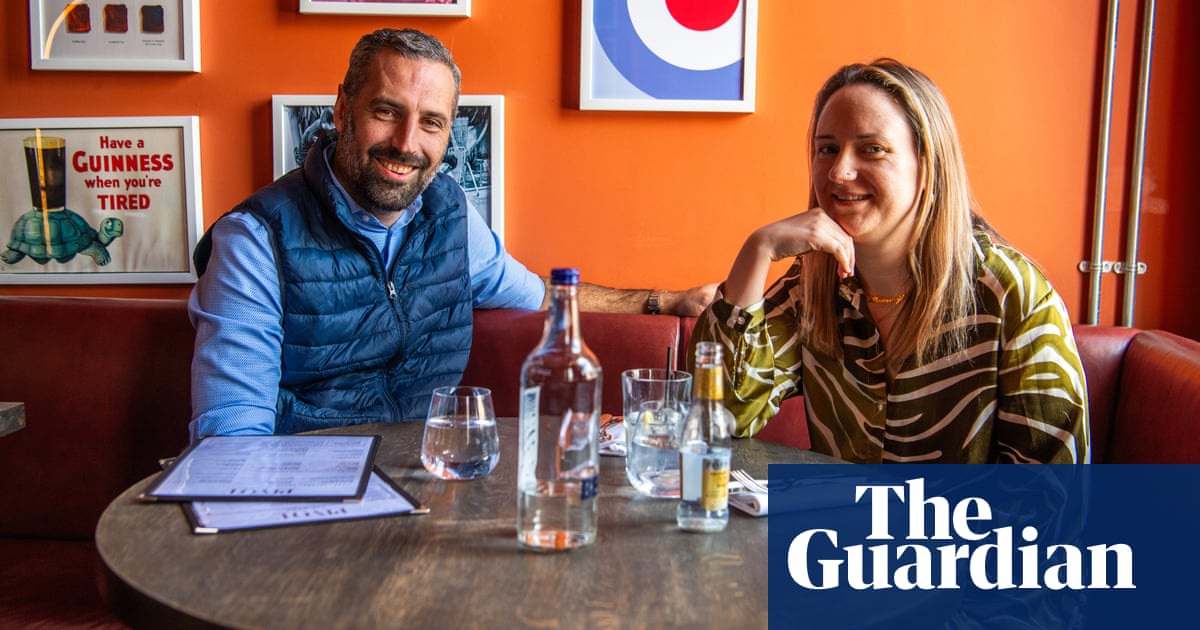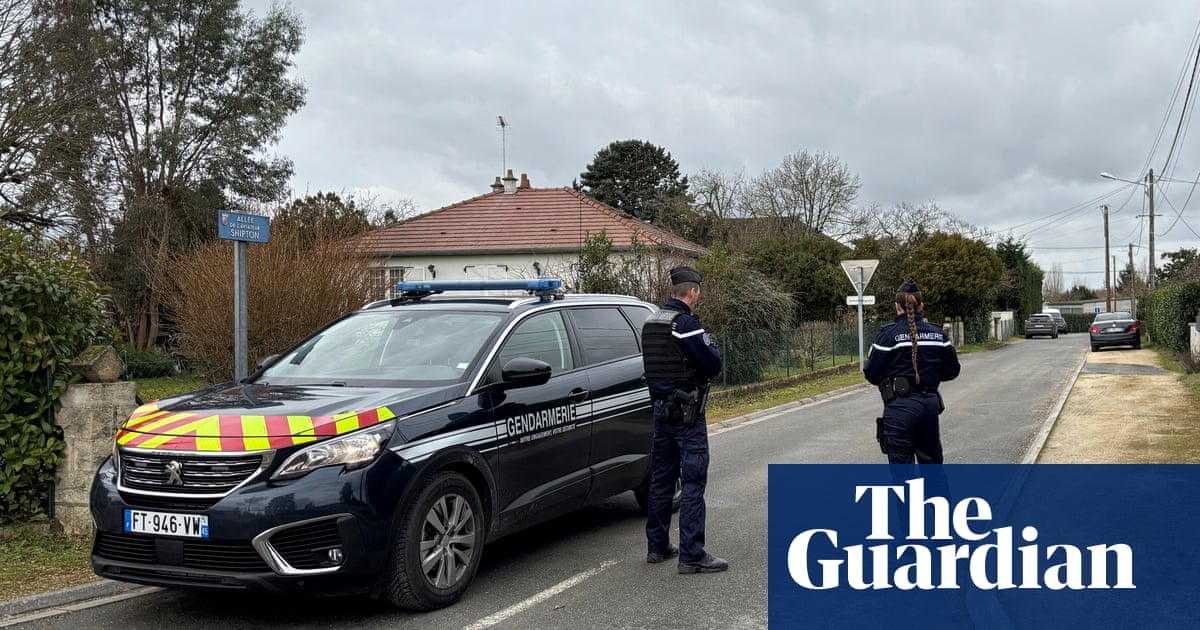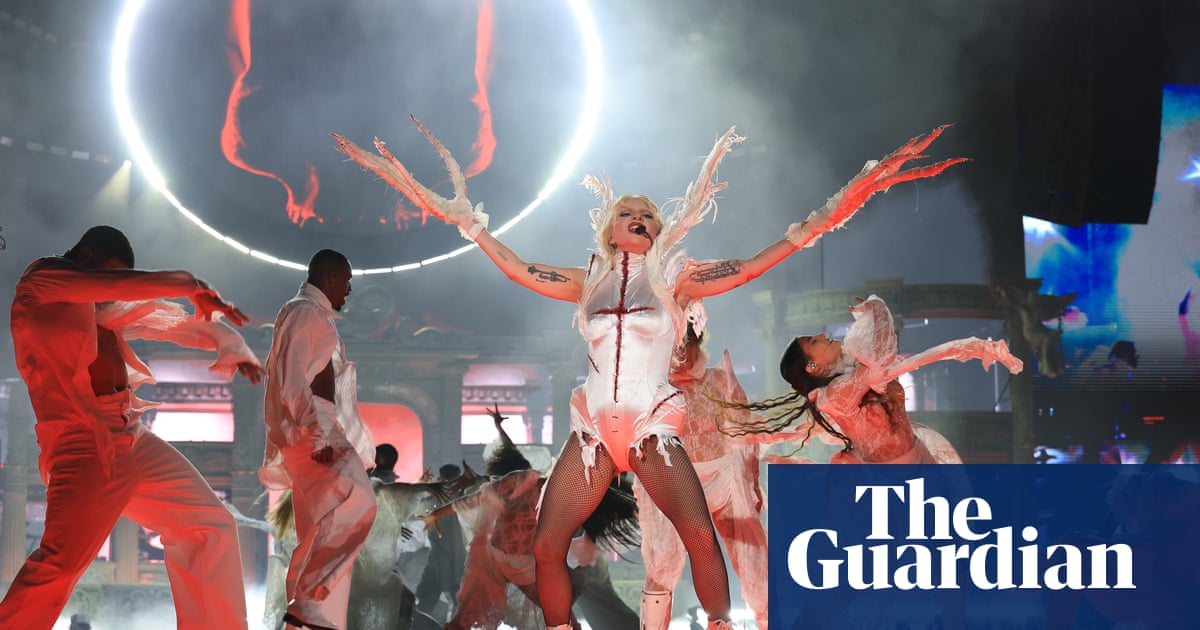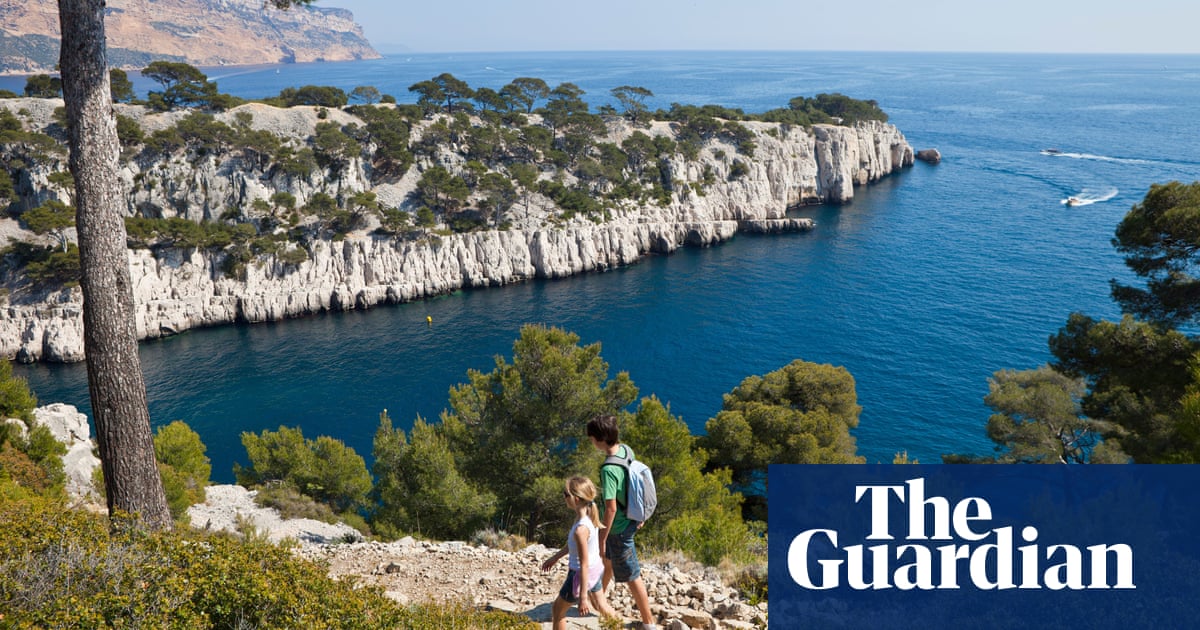As a way of maintaining contact with my elderly neighbours during the Covid restrictions of 2020, we set up a project where each person held up a card showing the age they felt inside. From their life stories, a new idea formed in my mind.
This is a generation of women who had experienced first-hand the impact of war on the domestic front, who had been evacuated to strangers across the country, not seeing their parents for months on end. Maybe these experiences created a different mindset; a resilience and stoicism, where the self is less important than being part of a community.
To the question “how are you today?”, the reply is invariably: “Oh, you know, I have my moments, but you’ve just got to get on with it, haven’t you?”

Ruby, 90
Ruby was four when she was sent to relatives in Somerset. She remembers crying for her mother at school and one of the teachers comforting her by sharing her cup of Bovril.
She was terrified of the German bombers flying overhead and she hated having to put her gas mask over her face. There was always the tangible fear of an imminent German invasion. Food was very scarce.

She finds what keeps her from decrepitude is being as mentally and physically active as possible, walking everywhere, using the stairs, and volunteering at a hospice.

Norma, 96
Norma was born in the East End of London to a British father and a mother who had come to England from Lithuania at the age of four.
Norma’s family moved from London to Middlesex when the East End was bombed. She remembers all the school desks being lined up in the corridors for easy evacuation into the shelters under Harrow on the Hill.

After the war she won a scholarship to the Royal College of Music, but now, owing to poor eyesight, she prefers to listen rather to play. She practises ashtanga yoga every day, as she has done for nearly 40 years.

Annie, 92
Annie was evacuated from Moseley to a Welsh-language boarding school at the age of seven. She didn’t go home again but stayed with her eccentric grandmother, going on to train as a nurse.

Annie lives in sheltered housing in Birmingham and has introduced the ritual of a pre-dinner vodka and tonic to all the other residents.

Fran, 85
Fran was evacuated from Swindon to her grandmother’s farm in Wales at the start of the war. Her mother stayed behind to nurse the servicemen returning from Dunkirk, while her father, an aeronautical engineer worked at secret locations building Spitfires.

After teaching all her working life, Fran bought her own farm in an idyllic corner of Cornwall where she breeds Dexter cows.

Patricia, 93
Patricia was evacuated from Hackney to her grandparents in Barrow-in-Furness in 1939. There was no electricity (she used to read at night with a candlestick on her pillow) nor was there an inside toilet or bathroom.

She remembers getting dressed in her Sunday best to go to the seaside. Her grandmother would bring homemade bread, “holding the loaf under one arm and sawing at it with a sharp knife”. They returned to London after the war to find their house intact.

Irena, 85
Irena was born in Lviv, then in Poland (now Ukraine). When she was two her family were taken to a labour camp, while her father was captured by the Russians and sent to Siberia.

She and her mother survived but everyone else in the family, including her seven-year-old sister, were murdered. When the Americans arrived they could not believe anyone was still alive as everyone “looked like corpses”. A soldier called Steve helped them get to a refugee camp in Italy before they reached England to be reunited with her father. “My mother was the heroine in all of this, I’m just a survivor,” Irena said.

Christabel, 86
In 1939, Christabel, her five sisters and their nanny were sent from Kensington to the Sussex farm where she still lives today. Among the nanny’s jobs was to look after the pigs, while the girls milked the cow and grew vegetables. There was no electricity or sanitation and water had to be drawn from a well.

Christabel breeds British white cattle, which roam freely around the house and all have names beginning with P.

Camille, 88
Camille’s London street was bombed, scattering shards of glass over her baby brother in his cot. He was unhurt but the family moved to the Midlands while her father stayed behind as an air raid warden searching at night for injured people amid the rubble and burning buildings.

Camille was widowed last year and is preparing to go to France to be near her children.

Caroline, 87
Caroline’s house in Surrey was on the flight path to London and she remembers the roar of enemy bombers overhead. There were Jeeps along the A24 as they prepared for the D-day landings. She would see Italian prisoners being taken by lorry to nearby farms, shouting and waving as they passed. Her mother drove an ambulance and her father was an air raid warden, going round the London streets assisting firefighters after the bombings.

They took in refugees, and one family stands out in her memory: they arrived covered in black dust having escaped from Naples in a coal barge. In spite of all this, she remembers a carefree, happy childhood.

Eve, 90
Eve is from Liverpool where she trained as a midwife and district nurse, cycling everywhere to visit patients’ houses “with our Gladstone bags full of bandages and sterilising equipment, ready for anything”.
When their house was destroyed, Eve and her sister were sent to live with an aunt in the country. Her budgie, Joey, somehow survived the bombing, chirping for many more years.

There were dairies situated at the edge of the city; cows had been brought down from the dales and it was a common sight to see them being driven up the lanes to graze every evening.

Beryl, 92
Beryl was evacuated from Catford at the start of the war. She remembers sitting in a field with lots of other children waiting to be taken to the countryside. She ended up with a young couple in Kent called Ida and Stan. Stan worked in a paper mill and Ida would cycle down every day to bring him his sandwiches. She can still picture Stan in his shed and Ida in the kitchen cooking wonderful food.

Beryl has 10 grandchildren and 10 great-grandchildren to whom she is very close.

Gill, 90
Gill grew up near Oxford, which was spared enemy bombings; it was thought that Hitler intended to have it as his base after he invaded. Her mother took over the family greengrocers, making sure those in need didn’t go hungry.

Gill remembers cycling up to her grandmother’s pub, which was always full of American troops giving out chewing gum and chocolate.

Lindsay, 101
Lindsay is from Essex. Her mother died of rheumatic fever in her 20s and she never knew her father. Her nan took her to live with her in Worthing, where Lindsay trained as a dancer.

She worked in a munitions factory in Reading. One day when she was walking home, a German aircraft shot at her and she had to throw herself behind the sea wall. She married Fred, a Canadian, in 1943 but he returned home after a few years. She met her third husband, 88-year-old Maxwell from Whitechapel, 10 years ago on a bus and they share a love of dancing.

Michi, 101
Michiko was born in Kobe, Japan, and as a young interpreter met Jeremy, an English officer, at a party. They went on have four children before Jeremy left them to go back to London.

Her father-in-law insisted that the family come to England. She lives in a converted railway carriage on the south coast and only stopped driving last year when the police impounded her car.
Quietly Getting On was selected for the Taylor Wessing portrait prize at the National Portrait Gallery 2022, and shortlisted for the Julia Margaret Cameron prize and the Royal Photographic Society’s International Photography exhibition.

 5 hours ago
10
5 hours ago
10


